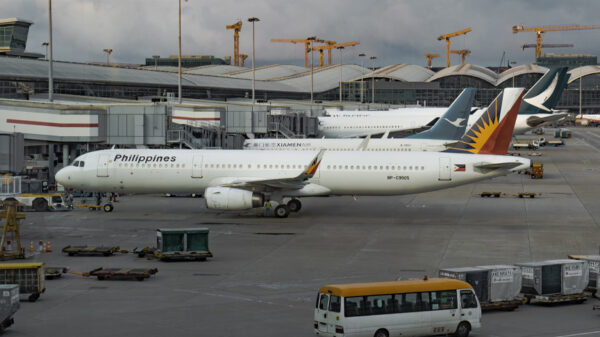Metro Manila’s middle-class Gen Zs and Millennials have expressed growing concern over the impact of inflation during the second quarter of 2023, according to a survey conducted by the Nomura Research Institute (NRI) Singapore-Manila Branch. The survey, which was conducted from May to June, revealed that a staggering 94% of respondents felt the effects of inflation during this period.
The rising costs of essential goods and services, such as food, transportation, fuel, and utilities, have forced these young adults to make cuts in their non-essential spending, including leisure and entertainment expenses. Among the respondents, 60% reported that the continuous price increases had the greatest impact on their food and beverage expenses, followed by transportation and fuel costs at 15%, and utilities, such as electricity, water, and internet bills, at 14%. Additionally, an overwhelming 83% of participants stated that they had reduced their spending on non-essential goods, while 79% found it necessary to cut back on leisure and entertainment expenses.
The survey also highlighted the financial challenges faced by this demographic. Approximately one-third of respondents (32%) reported being unable to save over the past 6 to 12 months. For those who managed to save, 44% saved a lower percentage of their income. The persistent inflationary pressures have led 38% of respondents to adjust their savings goals by either reducing the target amount or delaying their timelines. Similarly, 47% of participants had to make similar adjustments to their savings plans.
To cope with the financial strain, a significant number of respondents have turned to loans. Of the surveyed individuals, 71% reported having outstanding loans. In an attempt to augment their incomes, 43% of respondents resorted to taking out additional loans in the past year. Among those who already had loans, 58% had to cut back on other expenses to meet their loan obligations, while 19% were forced to delay payments. The survey also revealed that 41% of respondents possessed credit cards. Personal loans were the most prevalent type of loan, accounting for 30% of respondents, followed by alternative installment loans and salary loans, each representing 19% respectively.
Regarding investments, 52% of respondents had existing investment portfolios. Among these, mutual funds and stocks were the top investment products, chosen by 18% of participants each. However, due to the inflationary pressures, 12% of respondents had to partially liquidate their holdings for increased liquidity, and a minimal 1% sold off their entire investment portfolio.
Given the challenges posed by inflation, respondents have adopted a diverse array of coping strategies. A notable 94% expressed concerns that continuous price increases would persist over the next 6 to 12 months. Consequently, 91% of participants felt the need to explore additional income streams. To adjust to the current economic situation, 86% of respondents planned to continue cutting back on expenses, while 73% intended to reduce their spending on entertainment and leisure activities.
In terms of savings, 34% of participants expressed plans to increase their savings allocations to better prepare for the future, while 33% aimed to maintain their current savings pattern. However, 16% of respondents planned to reduce their monthly savings allocation due to inflationary pressures.
The survey also shed light on borrowing habits, with 46% of respondents indicating that they were less likely to take out loans, while 28% stated they were more likely to acquire additional loans.
Regarding investments, 12% expressed a desire to explore risky investments in the hopes of achieving high returns over the next 6 to 12 months. Meanwhile, 40% were considering more conservative options. Notably, 30% stated that they would choose to stay away from investing altogether, while 18% aimed to maintain liquidity.
The online survey conducted by the NRI Singapore-Manila Branch included 295 adults from Metro Manila, consisting of 92 Gen Zs and 203 Millennials from the middle-class. The participants had monthly individual income ranges of PHP 13,000 to PHP 41,000 and PHP 41,001 to PHP 163,000. As inflation continues to impact the daily lives and financial well-being of Metro Manila’s middle-class Gen Zs and Millennials, it is clear that they are actively seeking ways to navigate these challenges and secure their financial futures.











































































































